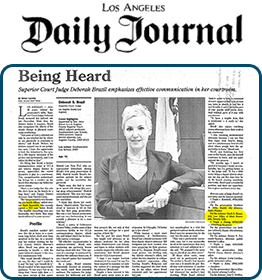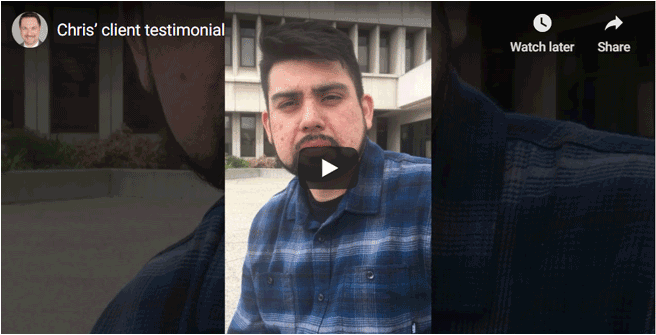The Hearing Officer Is Not Permitted to Consider Collateral Consequences, Such as a Financial Need to Continue Driving, When Deciding on a License Suspension
People who represent themselves at a Department of Motor Vehicles hearing often find their voices fall on deaf ears. This is because of a common misconception held by a large population: People tend to think that the DMV will be sympathetic to their situation. Maybe you have never been in trouble before; your record is clean, and you need to drive in order to get to work. Explaining the consequences you and your family will face if you cannot drive won’t sway the Hearing Officer at the DMV. The Hearing Officer won’t show mercy by issuing you a restricted license immediately or by choosing to not suspend your license.
No matter what reasons people give to the Hearing Officer, the Hearing Officer is not allowed to consider an individual’s “collateral consequences.” These collateral consequences include considering what you do for a living or the fact that you need to get to work to feed your family.
The issues that must be considered by the Hearing Officer are limited to a handful at the hearing. Neither employment nor the necessity for having a valid license is part of those requirements.
Should You Retain an Attorney to Represent You at the DMV Hearing?
People who represent themselves at the DMV hearing frequently miss presenting the issues allowed to be considered by the DMV’s Hearing Officer. Time and time again, the result is the same: license suspended.
By retaining a qualified attorney you are increasing your chances of avoiding the consequences that come with a suspended license. An attorney who specializes in DUI cases will be well-versed in the issues to present at the DMV hearing.
The DMV Hearing and Court Case Are Separate Proceedings and a Guilty Verdict Is Not Required for the DMV to Suspend Driving Privileges
No conviction is necessary for a license to be suspended. The court case and the DMV case are, for most purposes, separate, and the Department of Motor Vehicles tries to move very quickly and suspend licenses as often as they possibly can.
The court case may not even be filed yet. You may not even have your first court date yet and the Department of Motor Vehicles may have already taken action by suspending the license. In fact, it is possible for you to get caught driving on a suspended license and face new misdemeanor charges.
The Temporary License Issued by the Police Is Valid for 30 Days
After the arrest, when the officer takes your hard license and gives you a pink temporary license, that license is good for 30 days. If nothing is done, your privilege to drive remains in effect, and you can continue to drive for 30 days. After that, it automatically gets suspended.






 Personal Attention
Personal Attention Every criminal case is unique and no attorney can guarantee the outcome of a case. The information on this site is legal advertising and for general information only. Using this site, requesting books, information, consultations or communicating with Attorney Rosenfeld through its site does not form an attorney/client relationship.
Every criminal case is unique and no attorney can guarantee the outcome of a case. The information on this site is legal advertising and for general information only. Using this site, requesting books, information, consultations or communicating with Attorney Rosenfeld through its site does not form an attorney/client relationship.








